China warns of all necessary measures after Biden vows to defend Taiwan
China has lodged “stern representations” with Washington after US President Joe Biden said American forces would defend Taiwan in the event of a Chinese invasion.
Speaking at a regular media briefing on Monday, China’s foreign ministry spokesperson Mao Ning stressed that Beijing reserves the right to take all necessary measures in response to activities that split the nation apart.
"We are willing to do our best to strive for peaceful reunification. At the same time, we will not tolerate any activities aimed at secession," Mao said.
She called on the US to handle Taiwan-related issues "carefully and properly", and not send "wrong signals" to Taiwan's independence separatist forces.
“There is only one China in the world, Taiwan is part of China, and the government of the People's Republic of China is the only legitimate government of China,” Mao said, referring to the US attempts to violate the “One China” principle.
Under the internationally-approved “one-China” policy, nearly all countries, including the US, recognize Beijing’s sovereignty over Taipei.
However, in violation of its own stated policy, and in an attempt to unnerve Beijing, Washington continues to court the secessionist island, engaging in diplomatic contact with its anti-China government and supplying it with massive shipments of arms.
The Chinese official’s remarks came on the heels of a move by the US Senate Foreign Relations Committee to pass the Taiwan Policy Act of 2022, which now heads to the Senate floor.
The US government claims that the act is passed in a bid to designate Taiwan as a “Major Non-NATO Ally” and to provide “almost $4.5 billion in security assistance” to the self-ruled island “over the next four years.”
The Taiwan Policy Act of 2022 is described as the most comprehensive restructuring of US policy toward the wayward island since the Taiwan Relations Act of 1979.
China denounced the new policy, imposing sanctions against CEOs of two major US defense contractors for their role in the US-planned arms package for the Chinese Taipei.
Mao noted that the sanctions against Raytheon CEO Gregory J. Hayes and Boeing Defense CEO Ted Colbert will “defend China’s sovereignty and security interests” against US “military contact” with Taiwan.
Earlier this month, the Biden administration notified Congress of its intent to transfer $1.1 billion worth of military equipment to Taiwan, including 100 air-to-air missiles contracted with Raytheon.
Mao condemned the sales, saying they “gravely undermine China’s sovereignty and security interests, and severely harm China-US relations and peace and stability in the Taiwan Strait.”
She called on the US to lay off arms sales to Taiwan and “stop creating factors that could lead to tensions in the Taiwan Strait.”
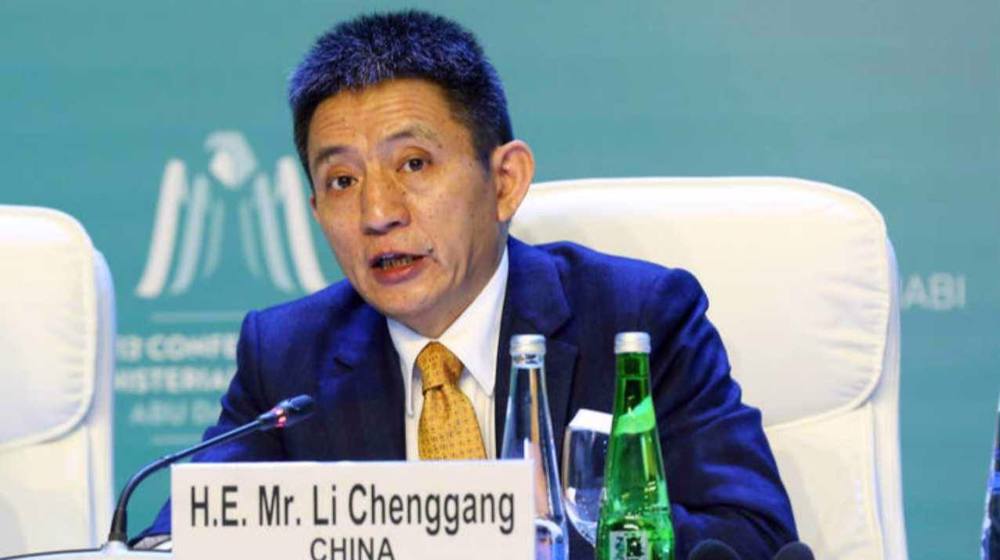
China condemns ‘unilateral and arbitrary’ US tariffs
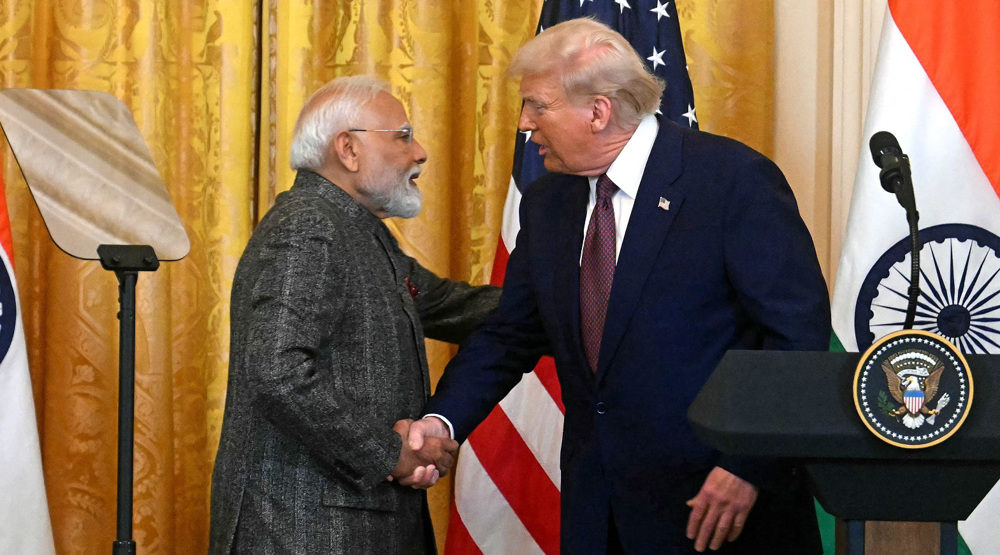
China warns US, India after Trump surge in arms sales to New Delhi
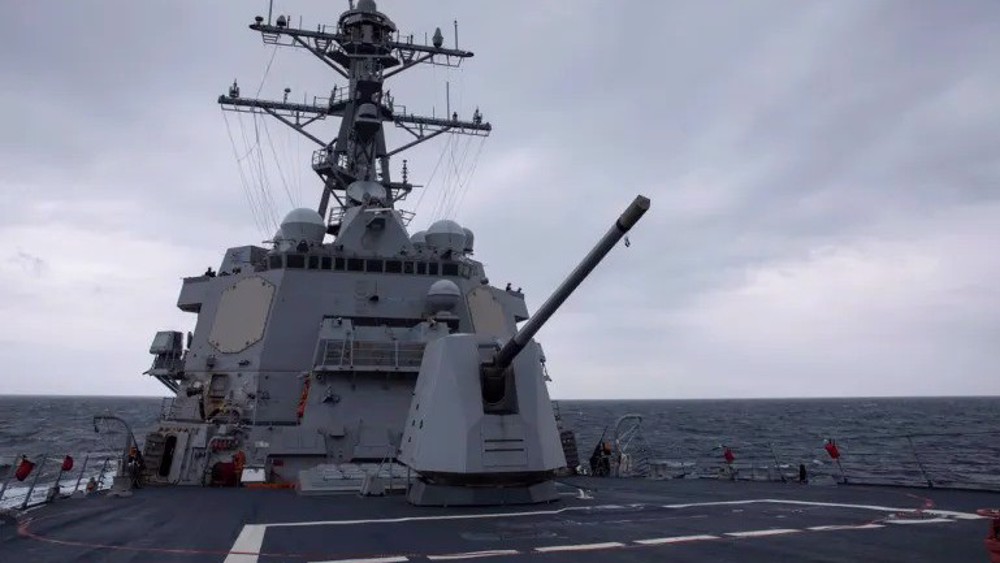
US makes debut passage through Taiwan Strait under Trump's new administration
Multiple bus explosions rock Tel Aviv, instilling fear in settlers and bringing city to halt
Islamic Jihad chief: Victories in Palestine, Lebanon indebted to Iran
Spain remains 'major transit port' for arms shipments to Israel
VIDEO | Back in coffins: Four Israeli captives released in Gaza
Iran raps Grossi's 'political' remarks serving pretext to pressure Tehran
VIDEO | Promoting and preserving the Persian language: A crucial endeavor
President: Mexico won’t accept US ‘invasion’ in fight against cartels
Lebanese return to flattened homes after incomplete Israeli pullout


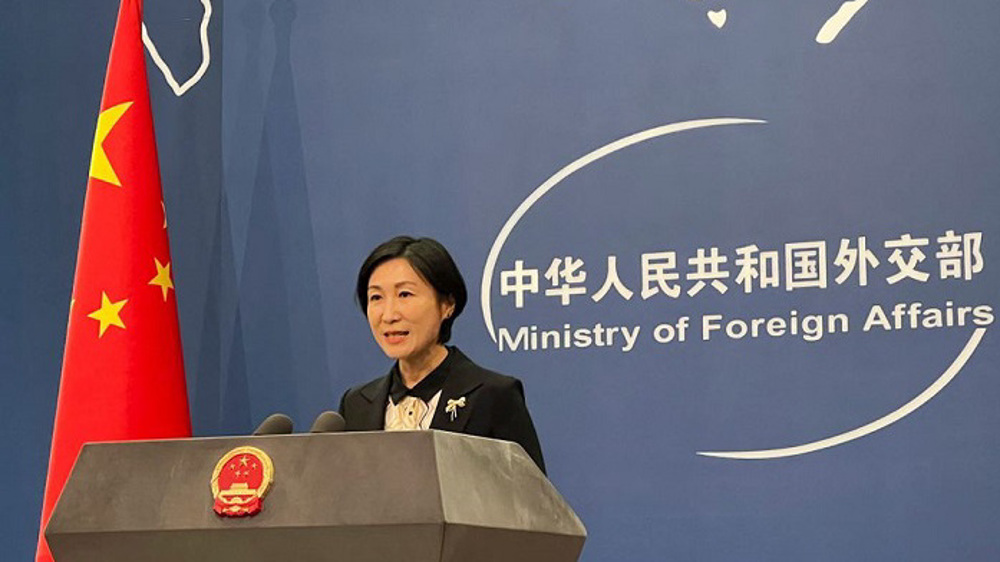
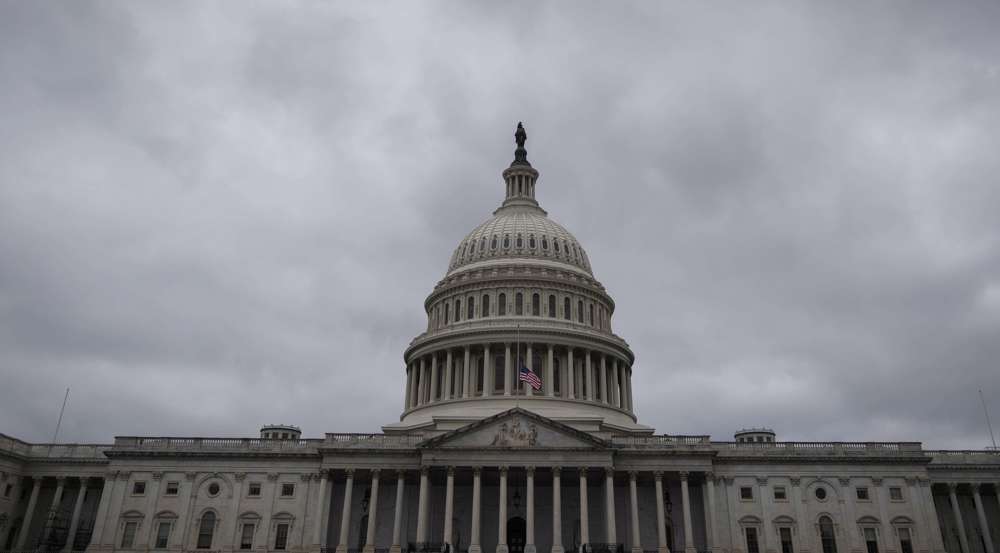



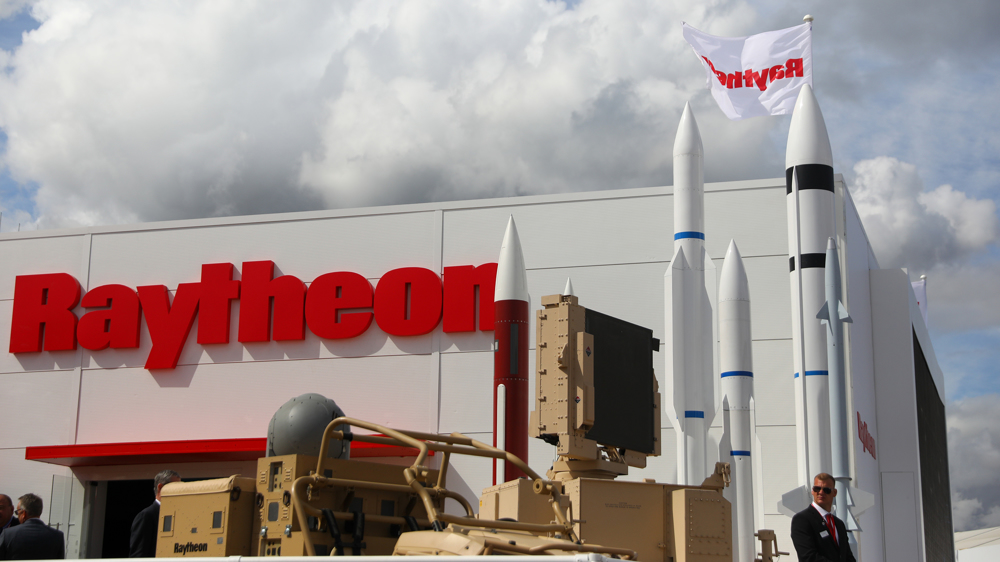
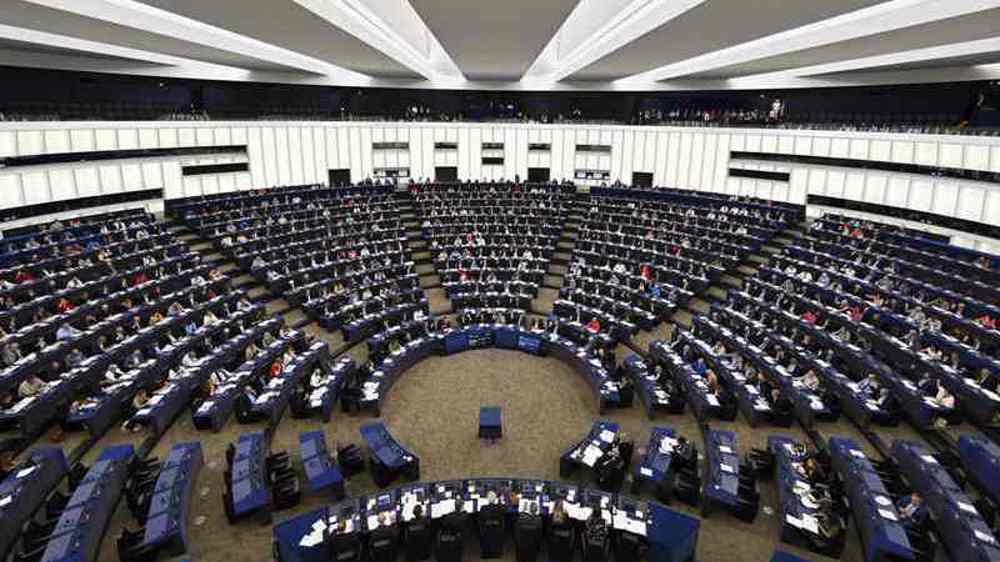
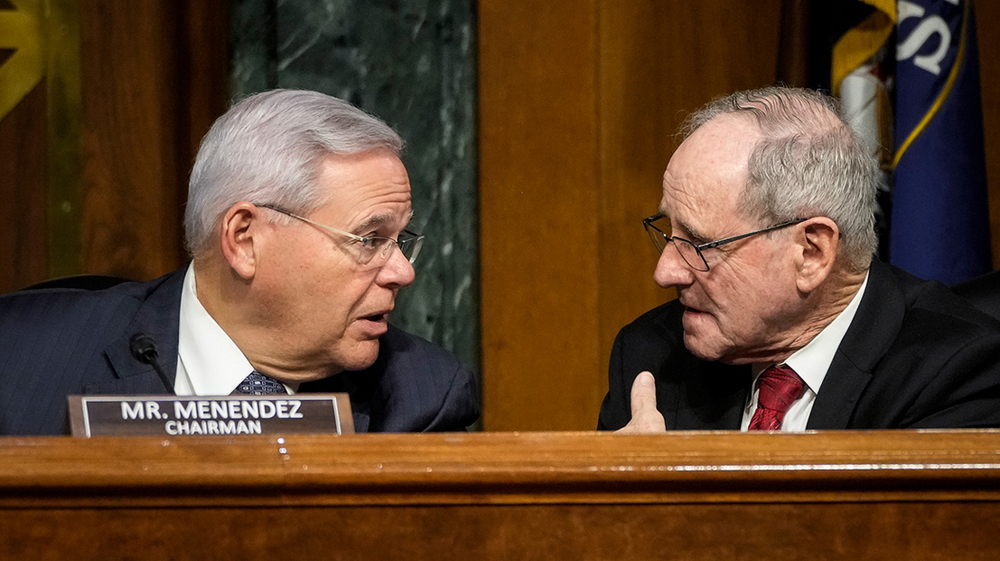
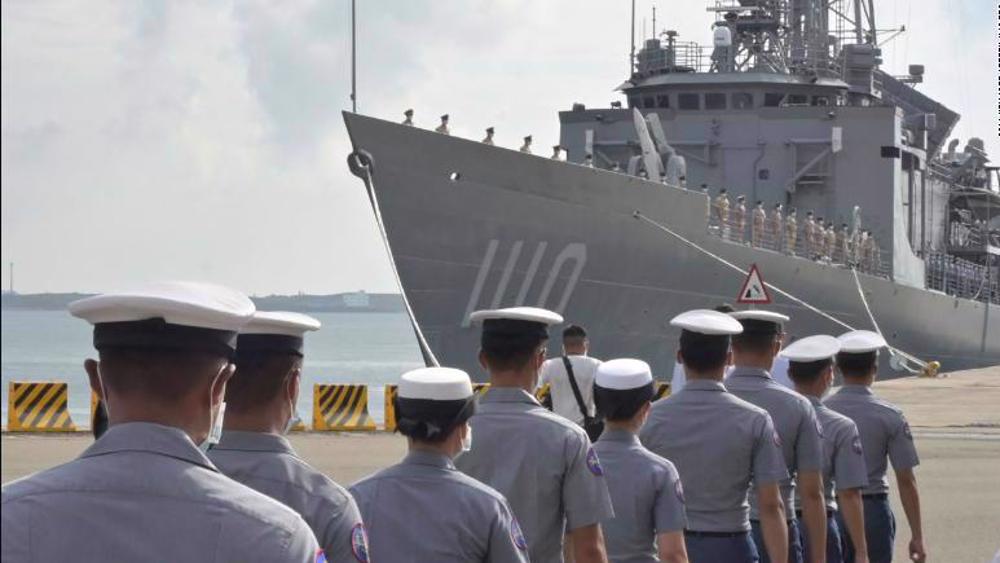
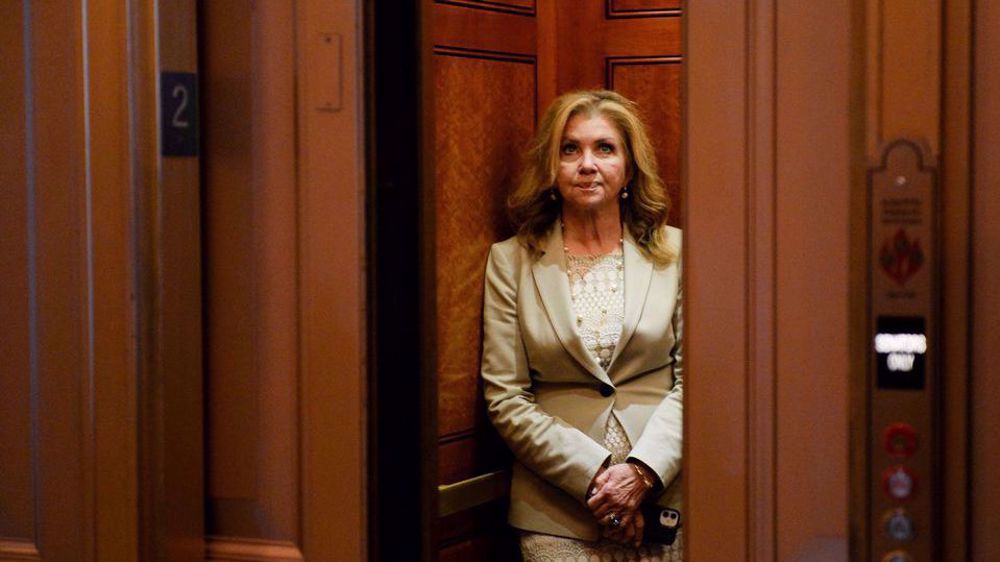

 This makes it easy to access the Press TV website
This makes it easy to access the Press TV website